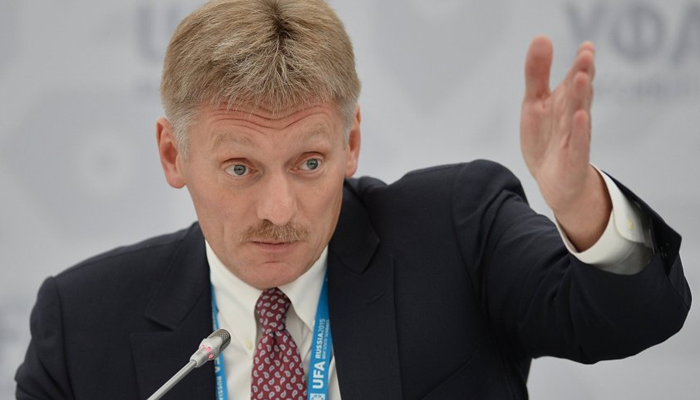The Kremlin said on Monday it did not want to entertain the possibility of a clash in Syria between Russian and Turkish forces and said Moscow was in regular contact with Ankara, including at a military level, Reuters reported.
The Kremlin was commenting after Syrian Kurdish leaders said they had struck a deal with the Syrian government, brokered by Russia, which centered on Syrian army troops deploying along the border with Turkey.
The deal, aimed at halting a Turkish offensive in northeast Syria, was sealed as the United States said it would withdraw its remaining troops from northern Syria.
The arrangement would put Syrian government troops in close proximity to the Turkish army. That is potentially awkward for Moscow, which backs the Syrian army with air power but also enjoys warm ties with Turkey.
Asked if Moscow was worried that Russia could get drawn into a conflict with Turkish forces because of its backing for the Syrian army, Kremlin spokesman Dmitry Peskov said that was the last thing it wanted.
“We wouldn’t even like to think about that scenario,” Peskov told reporters.
Peskov said Moscow had already warned all sides in the Syrian conflict to avoid any action that could escalate tensions in the area or damage a fragile political process.
Turkish President Recep Tayyip Erdoğan said earlier on Monday that he did not envisage any problems would emerge in Syria’s Kobani after a Syrian army deployment is executed along the border.
Erdoğan spoke of what he called Russian President Vladimir Putin’s “positive approach” to Turkey’s actions.
The Kremlin has said previously it is sympathetic to Ankara’s need to address security concerns in northern Syria. Peskov declined to comment on Monday when asked if Moscow felt it was time for Turkey to end its operation inside Syria.
Asked if Erdoğan was coordinating the Turkish offensive with Putin, Peskov said: “Contacts between the Russian and Turkish authorities are happening. In particular, there was a phone call [between the presidents], and phone conversations between the foreign ministers. There are also communication channels between the (two) militaries.”


